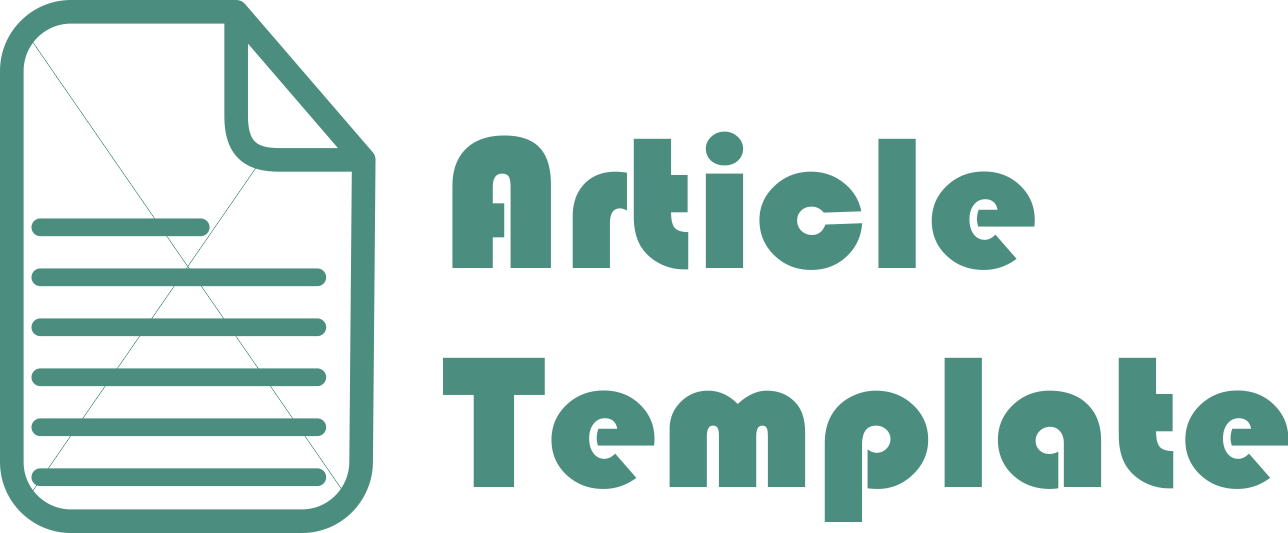Professional Competence of Arabic Teachers in Education Management
DOI:
https://doi.org/10.32332/ijalt.v6i01.9101Keywords:
Arabic Teacher, Learning Measurement, Professional CompetenceAbstract
The goal of this study is to find out how teacher competency in education management, teacher professional skills, and learning measurement can help make education better. A detailed qualitative method was used for this study. Some of the ways that data is gathered are through interviews, observations, and writing things down. Methods for looking at data, like collecting research materials, making field notes and writing them down, talking to relevant people, using a control trail (data fit test), and triple checking the validity of the data. The results showed that teachers were good at following the directions when planning lessons, making lesson plans, putting together curricula, planning media and learning tools, and planning assessments of learning. The way the teacher teaches is based on mastering the material, structures, concepts, and scientific ways of thinking that support the subjects being taught. The teacher then tests the students' learning based on predetermined learning objectives, which include character tests to see how well they understand concepts, skill tests, and attitude tests about learning. This test is conducted after each subject.
References
Akker, Jan van den, Koeno Gravemeijer, Susan McKenney, and Nienke Nieveen. Educational Design Research. New York: Routledge, 2006.
Alfianor, Alfianor. “Manajemen Kurikulum Bahasa Arab Di Madrasah Aliyah Normal Islam Putera Rakha Amuntai.” Al Mi’yar: Jurnal Ilmiah Pembelajaran Bahasa Arab Dan Kebahasaaraban 5, no. 1 (2022): 139. https://doi.org/10.35931/am.v5i1.881.
Amrullah, M. Kholis, Nandang Sarip Hidayat, and Mihrab Afnanda. “Barnâmij Idârah At-Ta’allum Fî Ta’lîm Al-Lughah Al-‘Arabiyyah Fî Indûnisiya.” International Journal of Arabic Language Teaching 4, no. 02 (2022): 206. https://doi.org/10.32332/ijalt.v4i02.5365.
Auliyalloh, Binti Aghnia, Mirza Muttaqin, Ahmad Fawaid Hariri, and Saiful Mustofa. “The Role of Learning Arabic to Improve the Moderate Character” 2, no. 2018 (2024). https://doi.org/10.32332/ijalt.v6i01.8765.
Febriana, Rina. Evaluasi Pembelajaran. Pertama. Jakarta: PT. Bumi Aksara, 2019.
Jailani, Muhammad Syahran. “Guru Profesional Dan Tantangan Dunia Pendidikan.” Al-Ta Lim Journal 21, no. 1 (2014): 1–9. https://doi.org/10.15548/jt.v21i1.66.
Lutfiana, Rose Fitria. “Analisis Kompetensi Profesional Guru Melalui Penggunaan Media Pembelajaran Berbasis Information Technology.” PINUS: Jurnal Penelitian Inovasi Pembelajaran 7, no. 1 (2021): 1–10. https://doi.org/10.29407/pn.v7i1.15739.
Mamoudou, Nouroudine Abdoulaye. “Istirâtîjiyyât Al-Wa’yi Al-Mîtâ’irfânî Al-Qirâî Li Al-Muqarrarât Ad-Dirâsiyyah Ladâ Muta’allimî Al-Lughah Al-‘Arabiyyah Lughah Tsâniyyah.” International Journal of Arabic Language Teaching 4, no. 01 (2022): 1. https://doi.org/10.32332/ijalt.v4i01.4591.
Muslim, Ahmad Bukhari, and Rodhy Harisca. “The Urgency of Enhancing Learning Arabic inside National Education Curriculum in Indonesia.” International Journal of Arabic Language Teaching 3, no. 01 (June 2021): 66. https://doi.org/10.32332/ijalt.v3i01.3110.
Nafi’ah, Khotimatun, and Abdul Latif. “Methods Innovation, Media and Evaluation on Vocabularies Learning in Boarding Classroom SMPIT LHI YOGYAKARTA.” International Journal of Arabic Language Teaching 2, no. 02 (January 2021): 178. https://doi.org/10.32332/ijalt.v2i02.2600.
Octavia, Shilphy. Etika Profesi Guru. Edited by Gafur Diah Ayu. Juli. Yogyakarta: Penerbit Deepublish, 2020.
Pudjosumedi, Trisni Handayani, Ella Sulhah Saidah, and Istaryatiningtias. “Buku Profesi Pendidikan.Pdf,” 2013.
Raco, Jozef. “Metode Penelitian Kualitatif: Jenis, Karakteristik Dan Keunggulannya,” 2018. https://doi.org/10.31219/osf.io/mfzuj.
Rosyada, Dede. Peneltian Kualitatif Untuk Ilmu Pendidikan. Edited by Murodi. Pertama. Jakarta: Kencana, 2020.
Seaman, Don F, and Robert A Fellenz. “Effective Strategies for Teaching Adults. New York: Merrill.” Macmillan Publishing Company, 1989.
Serret, Natasha, and Catherine Gripton. Purposeful Planning for Learning. New York: Routledge 2 Park Square , Milton Park, Abingdon, Oxon OX14 4 RN, 2021.
Setiawan, Hasrian Rudi, and Danny Abrianto. Menjadi Pendidik Profesional. Edited by Riska Harfiani. Medan: UMSU Press, 2021.
Siregar, Irsal Amin. “Integrated Curriculum Model between Language Development Center and Ma’had Al-Jami’ah for Arabic Language Environment.” International Journal of Arabic Language Teaching 4, no. 01 (June 2022): 36. https://doi.org/10.32332/ijalt.v4i01.4645.
Sutiono, Dr. “Profesionalisme Guru.” Tahdzib Al-Akhlaq: Jurnal Pendidikan Islam 4, no. 2 (2021): 16–25. https://doi.org/10.34005/tahdzib.v4i2.1569.
Thanh, Nguyen Cao, Tran Thi, and Le Thanh. “The Interconnection Between Interpretivist Paradigm and Qualitative Methods in Education.” American Journal of Educational Science, 2015.
Triono, Fiqi Edi. “Tahlîl Muhtawa Kitâb Ta’lîm Al-Lughât Al-‘Arabiyyah ‘Alâ Asâs Al- Manhaj Al-Dirâsiy 2013 Alladziy Nasyarathu Wizârat Al-Syu’Ûn Al-Dîniyyah Litullâb Al-Madrasah Al-Tsânawiyyah Al-Islâmiyyah,” April 2019.
Widodo, Widodo, Irvandi Gustari, and Chandrawaty Chandrawaty. “Adversity Quotient Promotes Teachers’ Professional Competence More Strongly Than Emotional Intelligence: Evidence from Indonesia.” Journal of Intelligence 10, no. 3 (2022). https://doi.org/10.3390/jintelligence10030044.
Widyanto, I Putu, and Endah Tri Wahyuni. “Implementasi Perencanaan Pembelajaran.” Satya Sastraharing 04, no. 02 (2020): 16–35.
Witarsa, Ramdhan, and Lussy Midani Rizki. “Analisis Pengembangan Kompetensi Profesional Guru Di Sekolah Dasar.” Jurnal Pendidikan Tambusai 6, no. 1 (2022): 4114–21. https://doi.org/10.31004/jptam.v6i1.3514.
Downloads
Published
Issue
Section
License
Copyright (c) 2024 International Journal of Arabic Language Teaching

This work is licensed under a Creative Commons Attribution-ShareAlike 4.0 International License.









